The next frontier for palm oil expansion: Latin America Oct. 26, 2016 The palm oil boom in Latin America is threatening the rights of local communities and putting forests and ecosystems at risk there is an urgent need for reforms to ensure social and environmental sustainability that places human rights front and center.
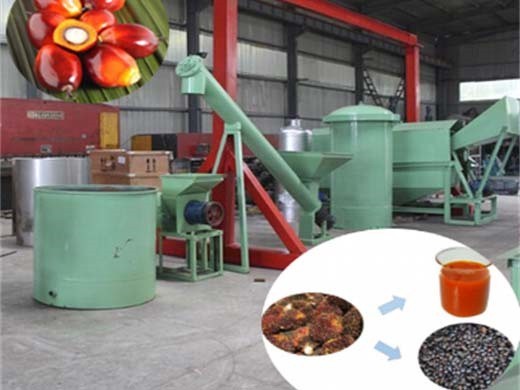
Africa and Latin America: exploring palm oil's new frontiers new series Palm oil offers the promise of economic growth. But the reality on the ground can be starkly at odds with the promise of
Get Price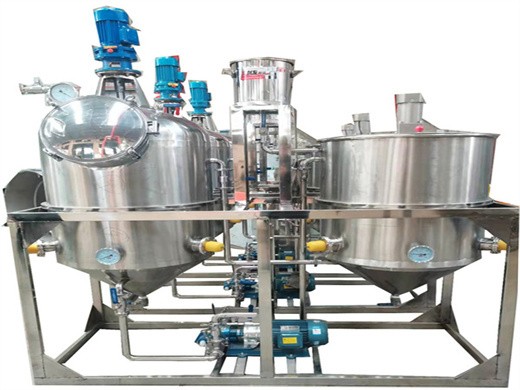
Latin America represents another new frontier for oil palm expansion, as the availability of suitable land in Malaysia and Indonesia becomes increasingly limited and global demand for palm oil continues to grow. Oil palm cultivation has already increased rapidly in the last decade at around 3.6% annually, and in some countries at a much higher
Get Price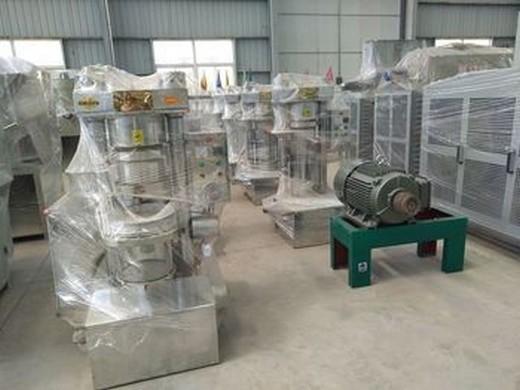
Research suggests that oil palm expansion in Latin America may be following a distinct land-use trajectory from Asia. In Colombia, oil palm expansion amounted to 155 100 ha between 2002 and 2008; 51% (79 000 ha) occurred on cattle pasture while only 16% replaced natural vegetation [19].
Get Price
The Power of Oil Palm. Land grabbing and impacts associated with the expansion of oil palm crops in Guatemala: The case of the Palmas del Ixc谩n company. Access to land is critical for the survival of millions of households in developing countries that depend on it for their food security and livelihoods.
Get Price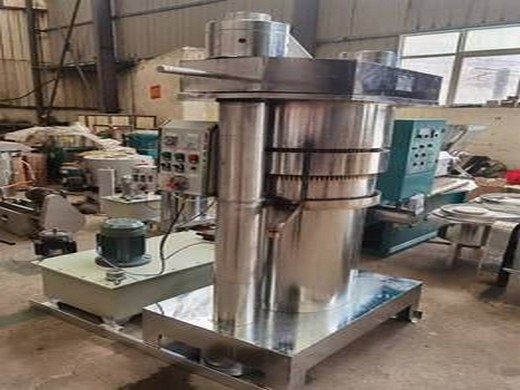
Colombia produces more palm oil than any other country in Latin America and, as of 2016, is considered the fourth-largest producer worldwide.
Get Price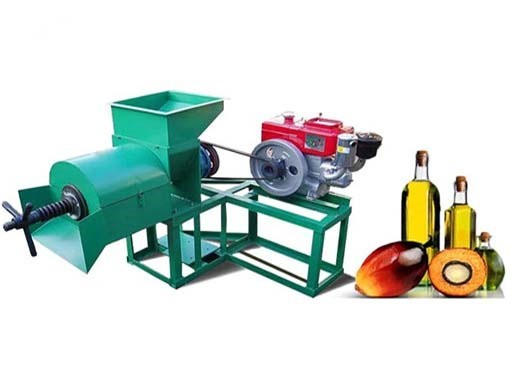
Agriculture Frontiers in Africa and Latin America: As shown above in Figure 2, the new frontiers for palm oil expansion are located in West and Central Africa and in Central and South America
Get Price
In Latin America, palm oil output has doubled since 2001, and the majority of expansion seems to be occurring on non-forested lands. We used MODIS satellite imagery (250 m resolution) to map current oil palm plantations in Latin America and determined prior land use and land cover (LULC) using high-resolution images in Google Earth.
Get Price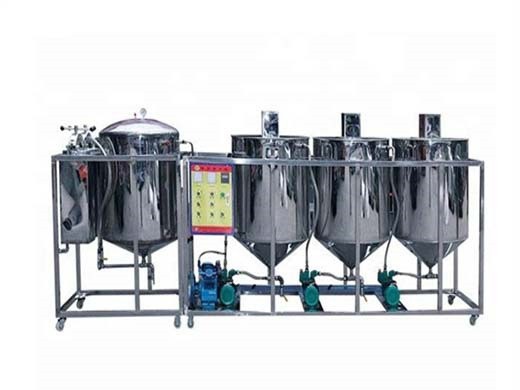
Latin America: Expansion into palm oil's 'new frontier' snags on land muddles; Latin America: Expansion into palm oil's 'new frontier' snags on land muddles. South-Eastern Asia. Brazil. Indonesia. Latin America and the Caribbean. Malaysia. Peru. Land & Investments. Land, Climate Change & Environment.
Get Price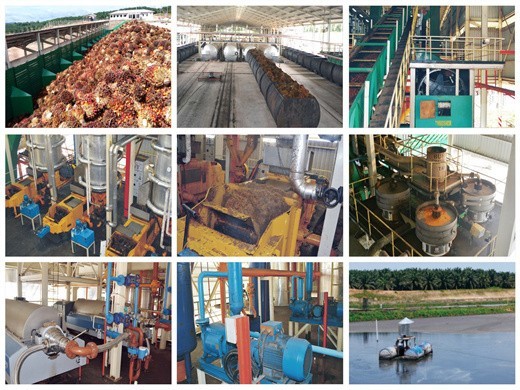
Instead, palm oil next frontier is likely to be the rainforests of the Congo Basin, in Central Africa where a quarter of the world tropical forest carbon stocks are stored. Will history repeat? Does palm oil expansion necessarily lead to rampant deforestation?
Get Price
The Latin American palm oil market is largely domestic or regional in nature. A 2015 U.S. Agency for International Development (USAID) repot notes that at that time all Peruvian crude palm oil is produced for domestic consumption. With some notable exceptions, exports tend to be regional as well.
Get Price
Characterizing commercial oil palm expansion in Latin America: land use change and trade View the table of contents for this issue, or go to the journal homepage for more 2017 Environ.
Get Price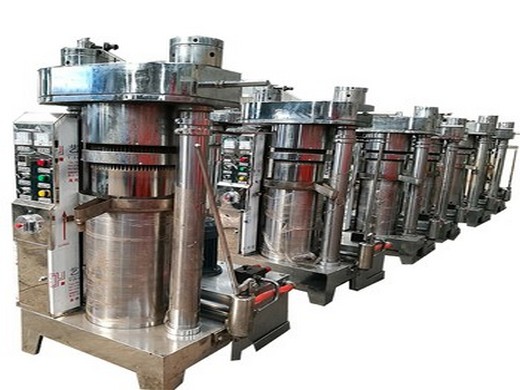
The Basin appears poised to experience rapid expansion of oil palm agriculture. Nearly half of Amazonia is suitable for oil palm cultivation, and Malaysian corporations are now moving into the region to establish new plantations while the Brazilian government is considering a law that would count oil palm as oresttowards a landowner's forest reserve requirement.
Get Price
Latin America has most unequal land distribution, Colombia fares worst: charity Oxfam Latin America and Caribbean director. palm oil and sugar cane, the study said.
Get Price
How agribusiness is failing small farmers in Latin America Emergency Response, Hunger, (palm oil, soy and corn germ) has sparked new investments in land for large-scale monoculture. How do these big land-based investments affect small farmers? In a new report, Smallholders at Risk, Oxfam analyzes three cases in Latin America
Get Price
Small farmers feel the pressure as Ecuador palm oil sector expands. The first commercial oil palm trees were planted in Ecuador in 1953. Since then, the country has become Latin America
Get Price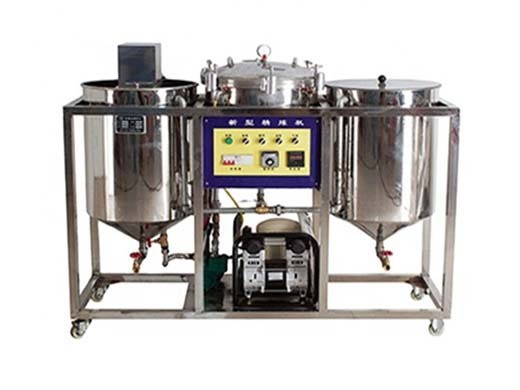
In Latin America, palm oil output has doubled since 2001, and the majority of expansion seems to be occurring on non-forested lands. We used MODIS satellite imagery (250 m resolution) to map current oil palm plantations in Latin America and determined prior land use and land cover (LULC) using high-resolution images in Google Earth.
Get Price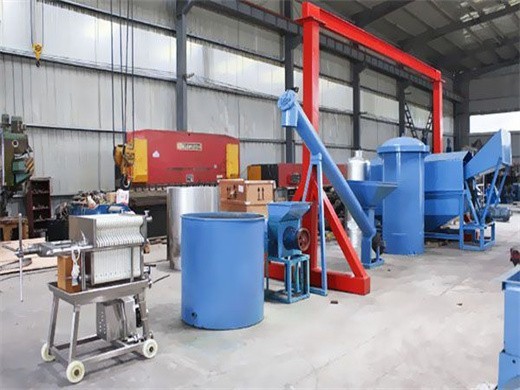
by Mike Verdin Expansion of palm oil producers into Latin America, the "new frontier for global expansion" is snagging on confusion over land rights which is encouraging some groups to expand into rainforest.
Get Price
How agribusiness is failing small farmers in Latin America Emergency Response, Hunger, (palm oil, soy and corn germ) has sparked new investments in land for large-scale monoculture. How do these big land-based investments affect small farmers? In a new report, Smallholders at Risk, Oxfam analyzes three cases in Latin America
Get Price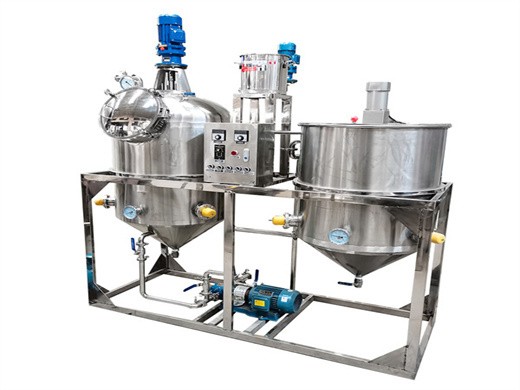
Posts about palm oil farming written by Admin. Guatemala, known as a nation full of lush, verdant tropical rain forests, embedded in humanity oldest historical monuments, has been facing some of the worst food crises in the world, with almost 50% of children under five facing malnutrition and stunting every day.
Get Price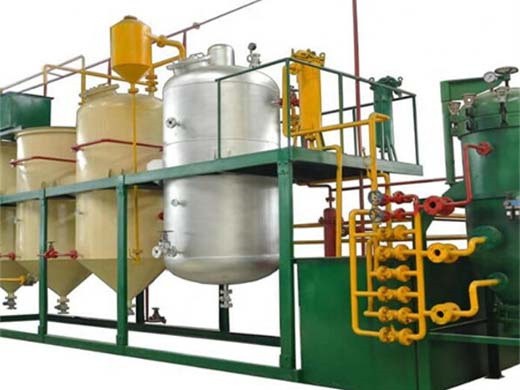
Soybean and oil palm expansion in South America: A review of main trends and implications. Working Paper No. 90 Book 路 January 2012 with 1,432 Reads
Get Price
PDF | On Jan 1, 2012, P. Pacheco and others published Soybean and oil palm expansion in South America: A review of main trends and implications | Find, read and cite all the research you need on
Get Price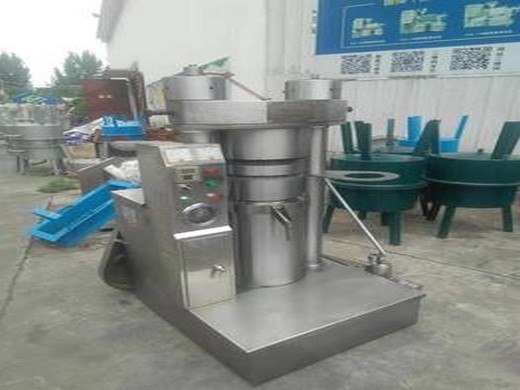
PALM OIL EXPANSION IN INDONESIA: LAND GRABBING AS ACCUMULATION BY with oil palm expansion are re铿俥ctive of a broader struggle against and Latin America (Borras, Hall, Scoones, White, &
Get Price
Expansion of palm oil producers into Latin America, the "new frontier for global expansion" is snagging on confusion over land rights which is encouraging some groups to expand into rainforest.
Get Price
Environmental science and conservation news. Mongabay Series: Global Forests, Global Palm Oil Latin America palm oil production doubled since 2001 without massive uptick in deforestation
Get Price
the next frontier for oil palm expansion. Most of the roughly 280 million hectares (Mha) of additional land suitable for oil palm in the Congo Basin are found in the Democratic Republic of Congo (60%), Cameroon (11%) and the Republic of Congo (10%).
Get Price
An expanding frontier: Top 10 global palm oil stories of 2025. Here, in no particular order, are some of our favorite Mongabay stories about palm oil expansion around the world and the issues that affect it. How Colombia became Latin America palm oil powerhouse.
Get Price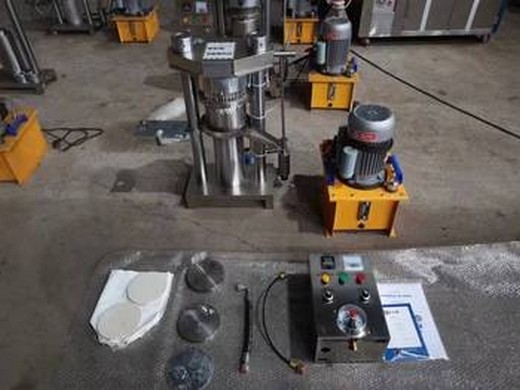
2) Rural poor in developing countries will lose out: Oil palm grows in tropical developing countries including in SE Asia, West Africa and Latin America. Around 40% of palm oil is produced by
Get Price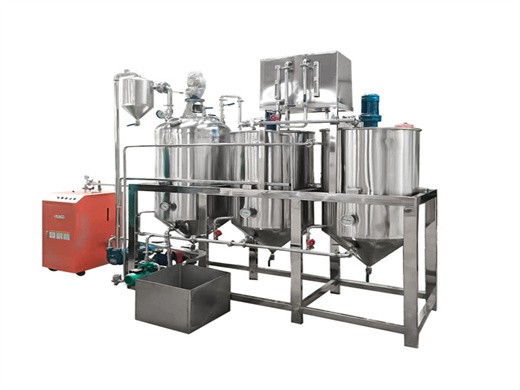
Between 1993 and 2015 the land planted to oil palm in Colombia increased fourfold, from 119,000ha to 484,000ha. This rapid growth coincided with a period of extreme armed conflict and displacement, with inequality in land distribution reaching the highest levels in Latin America (Oxfam, 2017).
Get Price
Posts about palm oil farming written by Admin. Guatemala, known as a nation full of lush, verdant tropical rain forests, embedded in humanity oldest historical monuments, has been facing some of the worst food crises in the world, with almost 50% of children under five facing malnutrition and stunting every day.
Get Price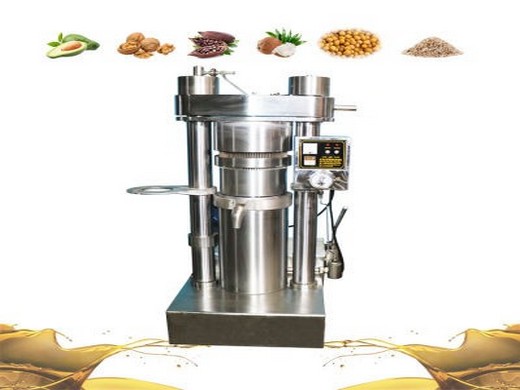
How agribusiness is failing small farmers in Latin America Emergency Response, Hunger, (palm oil, soy and corn germ) has sparked new investments in land for large-scale monoculture. How do these big land-based investments affect small farmers? In a new report, Smallholders at Risk, Oxfam analyzes three cases in Latin America
Get Price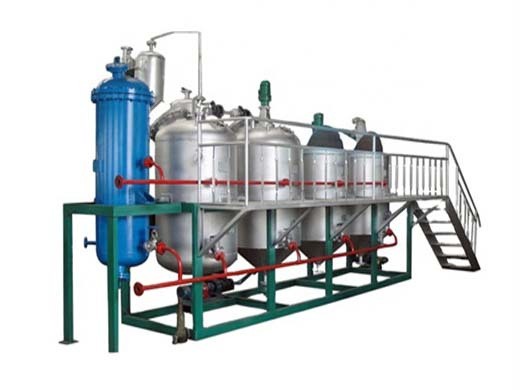
A region in focus: Palm oil expansion in Latin American Latin America represents a new frontier of palm oil that is betting on certification as a guarantee of moving towards sustainability to gain a competitive advantage. Latin America has its challenges, but ambitions are high and developments happen at a fast pace. This article presents
Get Price
One of the biggest threats to forests lies in rontiermarkets in Africa and Latin America, where palm oil demand is rising but home-grown supplies remain relatively small, warned Webber.
Get Price
One of the biggest threats to forests lies in "frontier" markets in Africa and Latin America, where palm oil demand is rising but home-grown supplies remain relatively small, warned Webber.
Get Price
Palm oil in the Americas SPOTT. Latin America represents another new frontier for oil palm expansion, as the avaiility of suitable land in Malaysia and Indonesia becomes increasingly limited and global demand for palm oil continues to grow. Oil palm cultivation has already increased rapidly in the last decade at around 3.6% annually, and in
Get Price
Frontier markets. One of the biggest threats to forests lies in "frontier" markets in Africa and Latin America, where palm oil demand is rising but home-grown supplies remain relatively small, warned Webber. Potential expansion there by new and often unregulated growers could "slowly chip away at forests", he added.
Get Price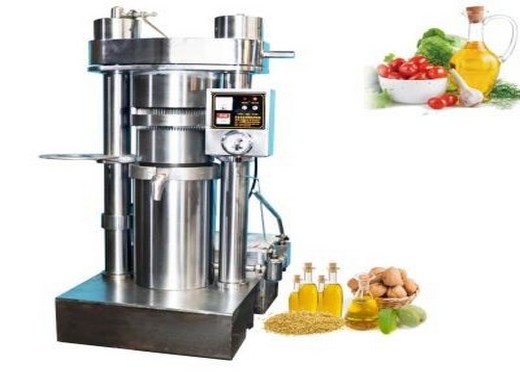
inevitable expansion of palm oil in a more sustainable direction, especially as more palm oil enters U.S. markets. While the U.S. is a relatively small importer of palm oil by bulk, a myriad of food products, cosmetics, detergents, soaps and lubricants that contain palm oil find their way into the U.S. market. Uptake of palm oil in the U.S.
Get Price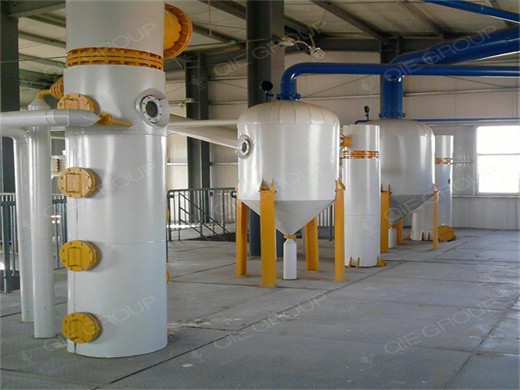
Between 1993 and 2015 the land planted to oil palm in Colombia increased fourfold, from 119,000ha to 484,000ha. This rapid growth coincided with a period of extreme armed conflict and displacement, with inequality in land distribution reaching the highest levels in Latin America (Oxfam, 2017).
Get Price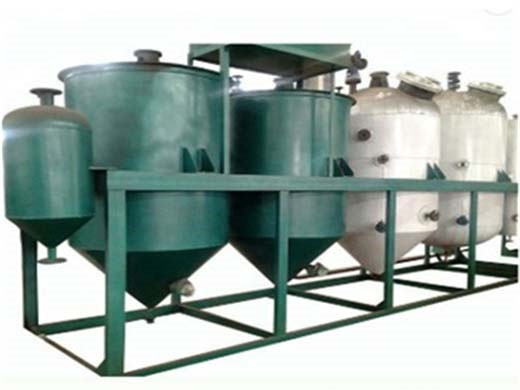
2) Rural poor in developing countries will lose out: Oil palm grows in tropical developing countries including in SE Asia, West Africa and Latin America. Around 40% of palm oil is produced by
Get Price